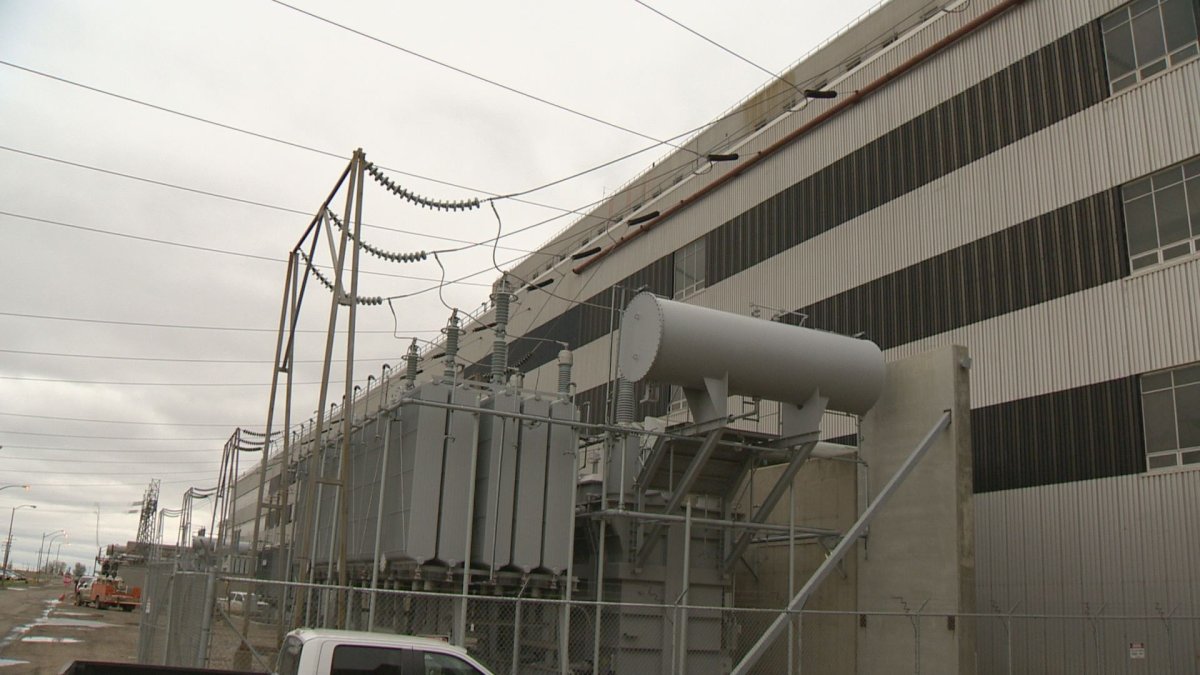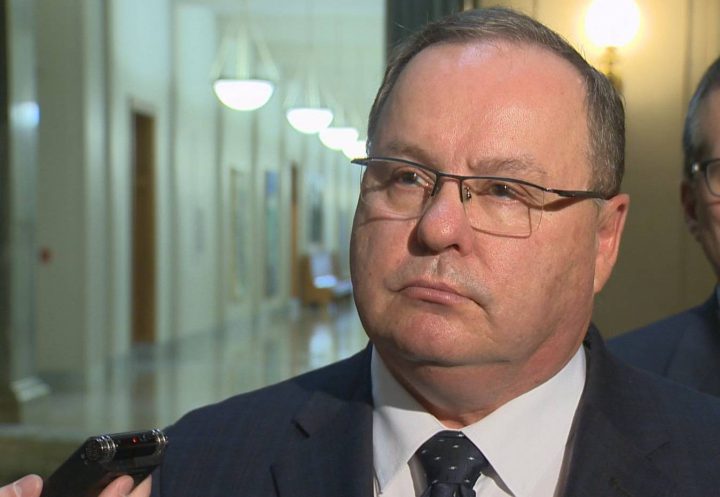REGINA – More questions are being raised about the economic case for SaskPower’s $1.5-billion carbon capture and storage (CCS) facility.

On Thursday, the Opposition NDP cited an internal SaskPower memo leaked to the party, which suggested the project would be experimental.
Dated May 24, 2012, the briefing note said offsetting environmental impacts of coal power would require “vast advancement of existing CCS technology, the economics of which are unclear.”
The CCS plant near Estevan has been criticized in recent weeks because of poor performance and statements from the Sask. Party government and SaskPower officials that led people to believe the CCS project was “exceeding expectations.”
READ MORE: Chart shows capture performance not improving
“Do we proceed with coal, which we have some approximately 200 to 300 year supply of coal in Saskatchewan, or do we shut it down? We made the decision to go forward.”
Tougher federal standards for emissions would have forced Saskatchewan to make changes to coal power generation by 2019.
On Tuesday, University of Regina environmental economist Samuel Gamtessa told Global News it may be difficult to sell the world on the expertise being gained at Boundary Dam, because other countries and power utilities would simply “learn from our failures.”
“You wouldn’t consider this technology because it’s profitable,” he said. “The consideration is an environmental requirement.”
“If by accident or by luck, we make profit, that’s good.”
Boyd argued that more than 200 companies and organizations have come forward, expressing interest in what SaskPower has learned so far – including the flaws.
“These are experiences SaskPower has now that they didn’t have before,” he said. “That’s very valuable information and I think companies would agree.”



Comments